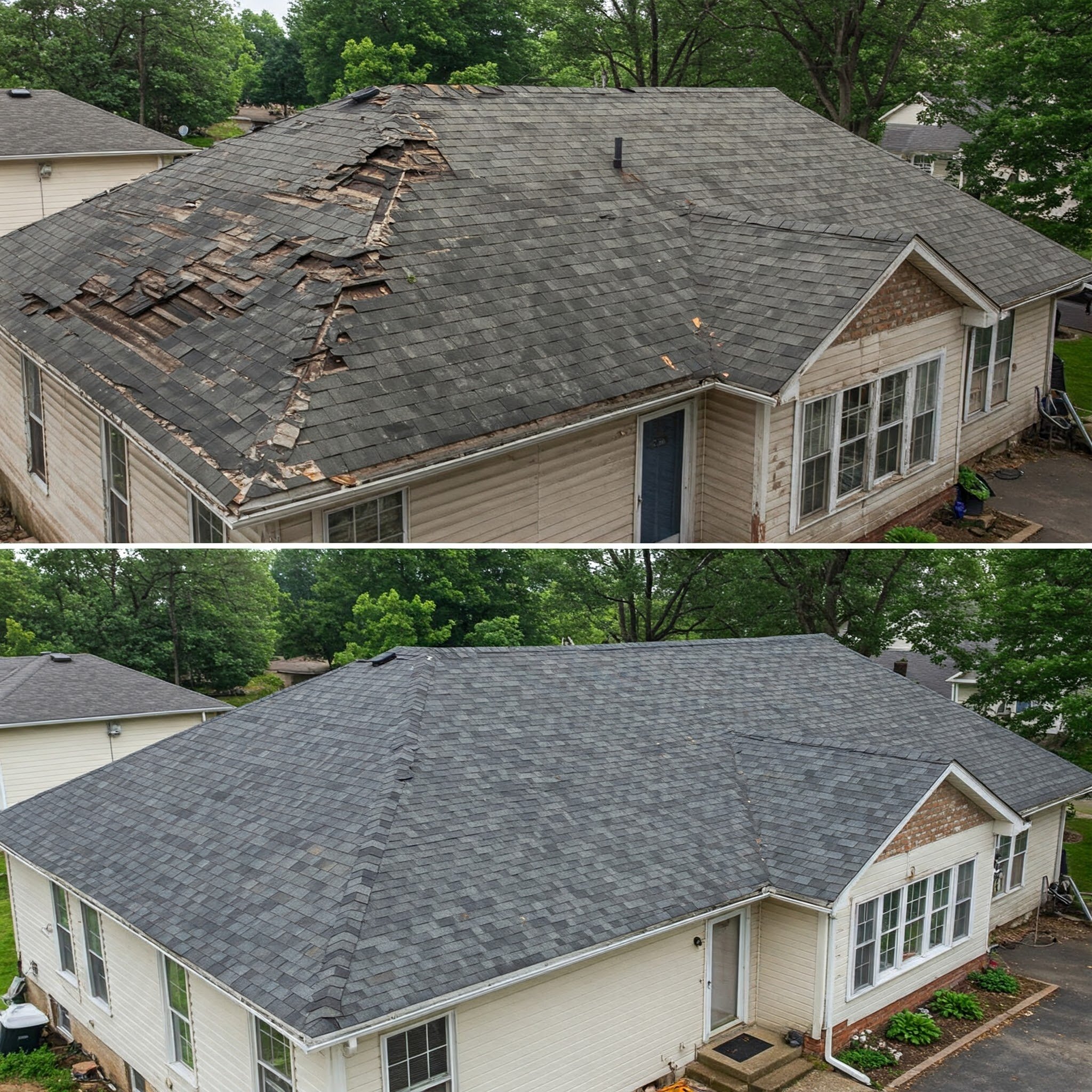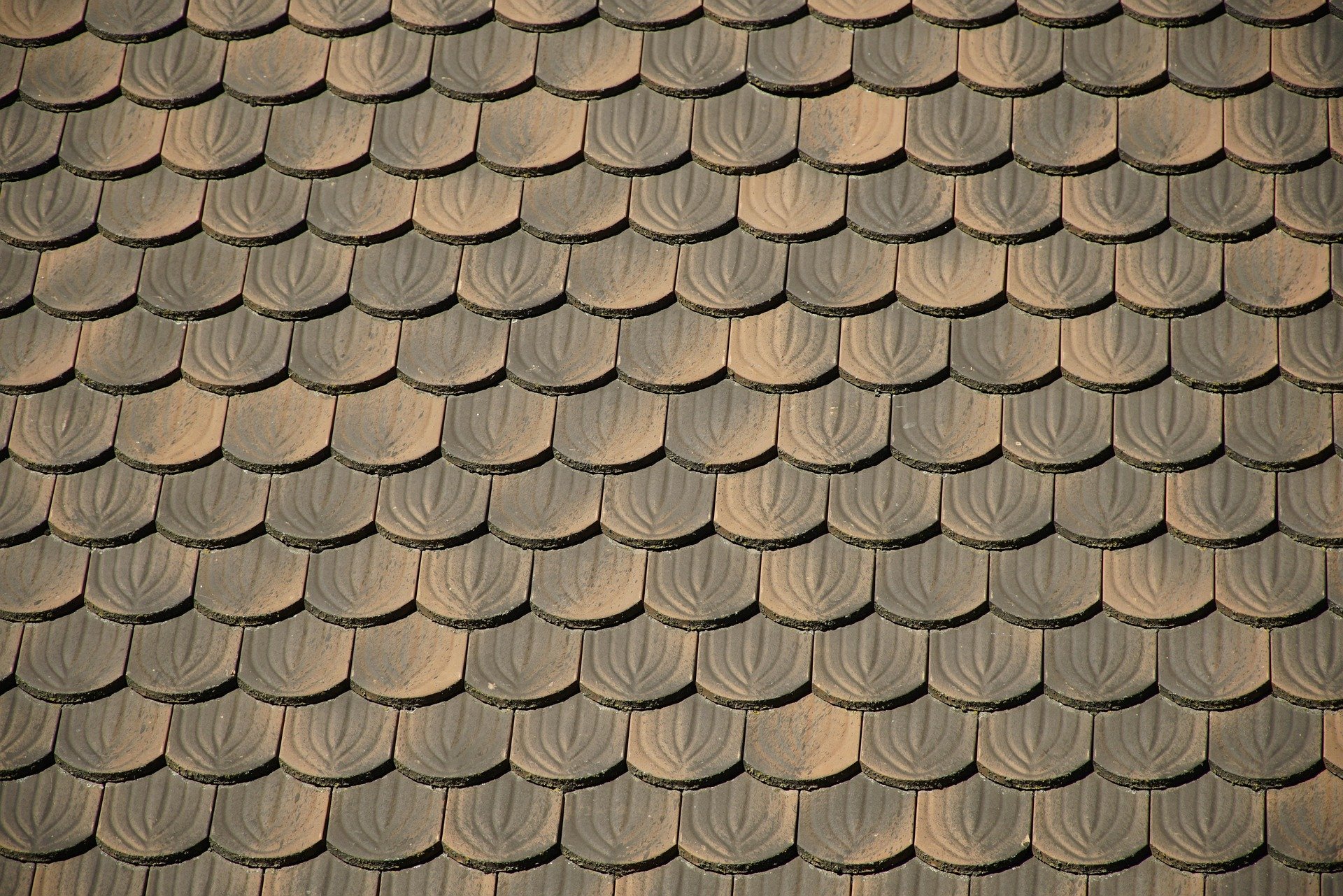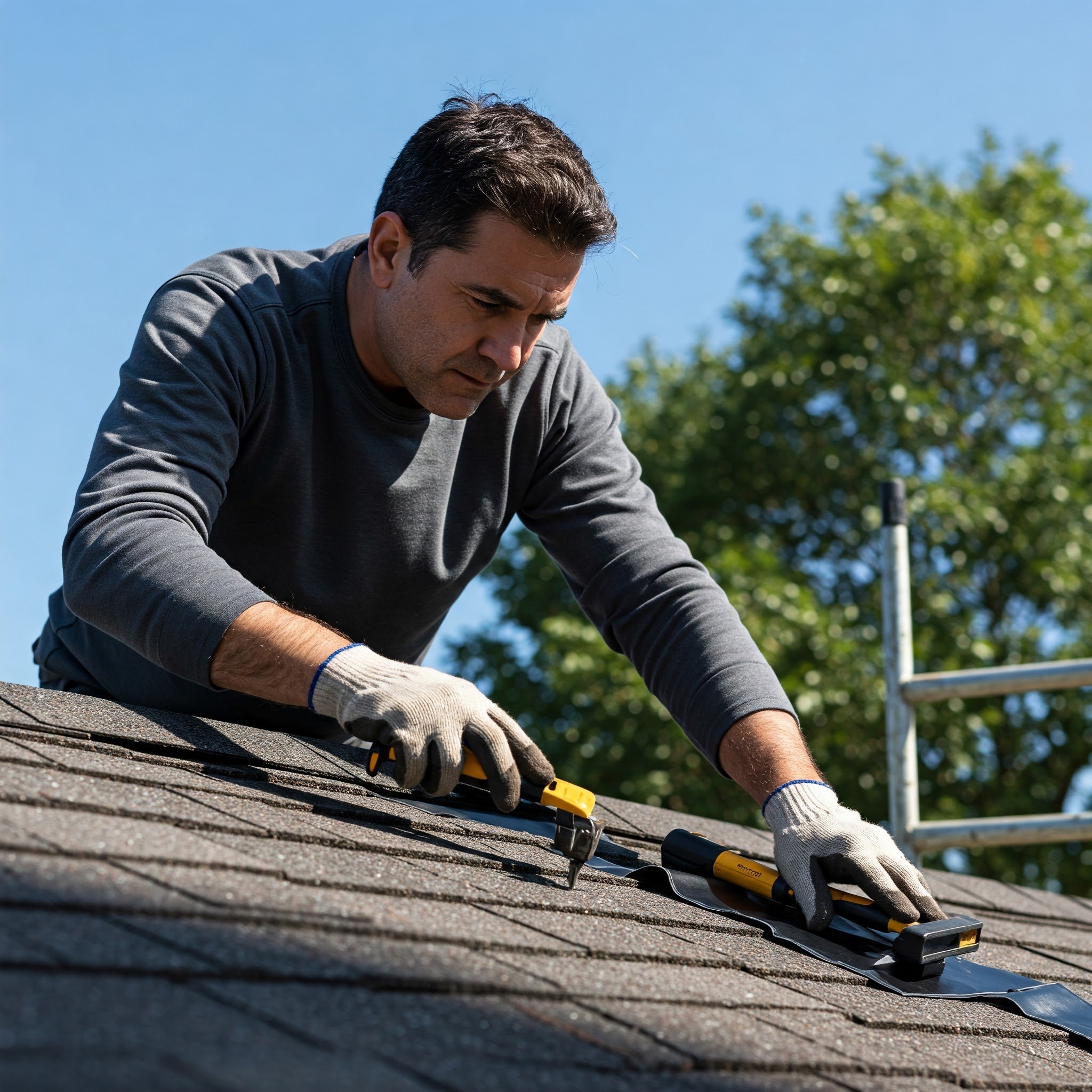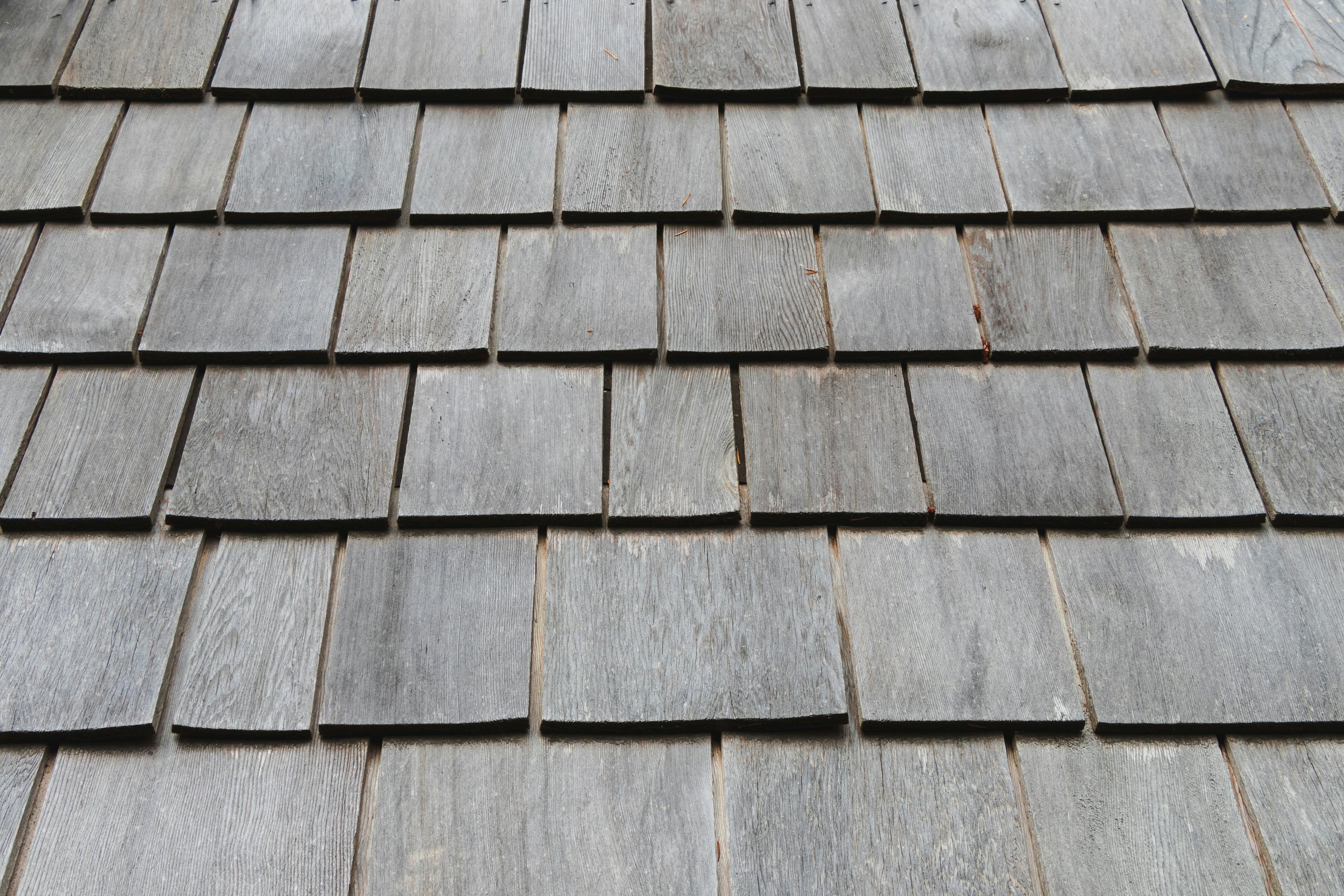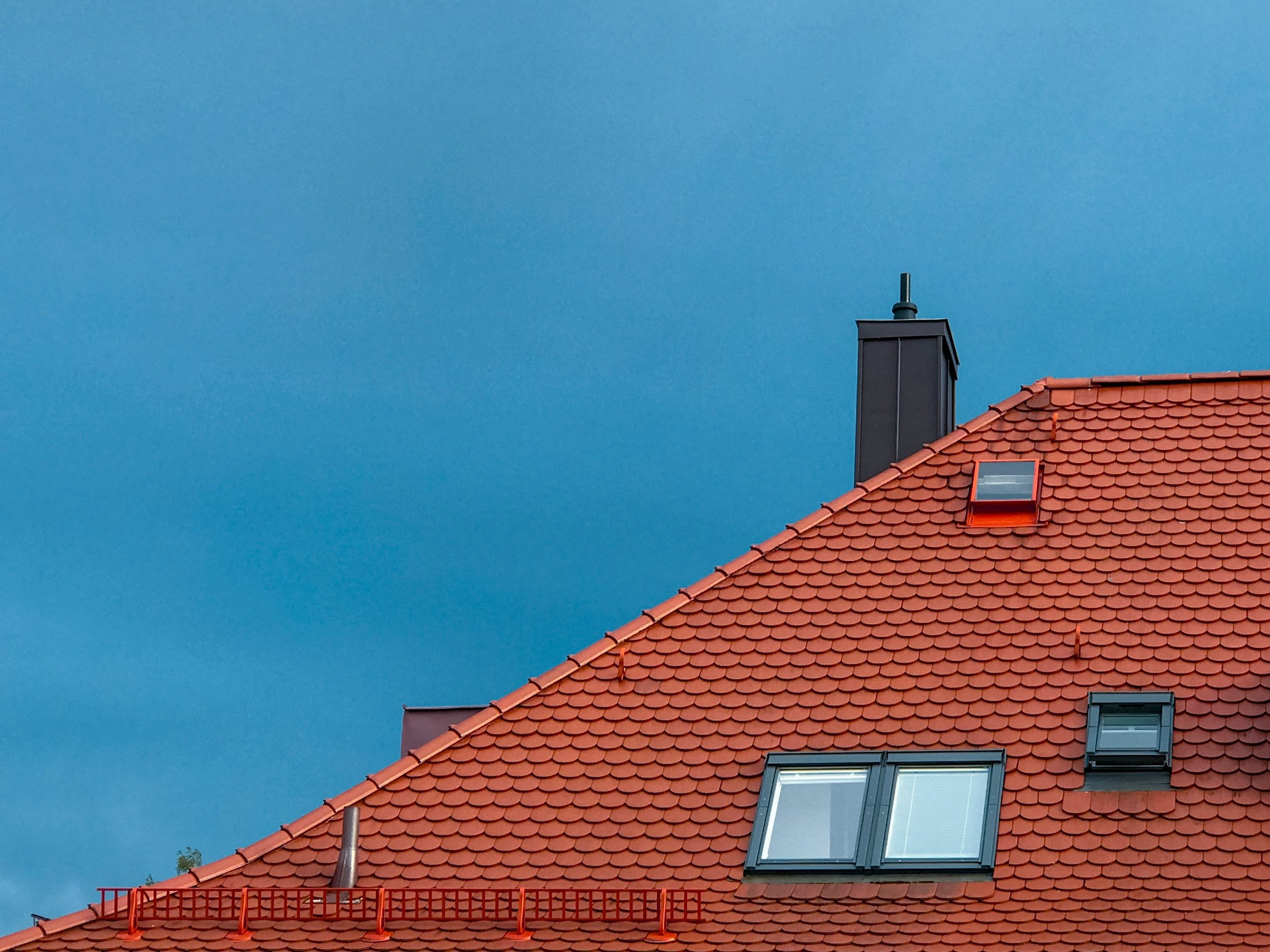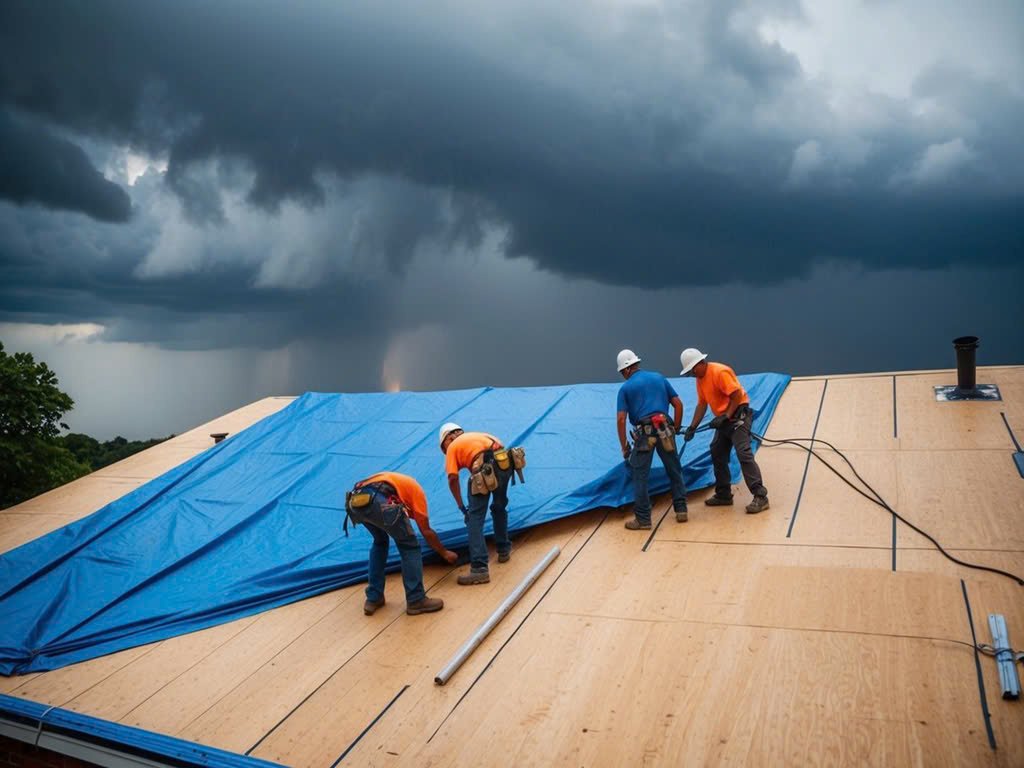How to Extend the Lifespan of Your Roof with Proper Care
Learn how to extend the lifespan of your roof with proper care, including maintenance tips and preventative measures to protect your home and investment.
Maintaining the integrity of your roof is crucial not only for the protection of your home but also for extending its lifespan. A well-cared-for roof can withstand the elements and prevent costly repairs down the line. This guide will explore essential maintenance practices, common signs of wear, and tips on how to care for your roof effectively. By investing time and effort into roof care, homeowners can ensure their roofs remain in optimal condition, providing safety and security for years to come.
Professional Maintenance Services
While DIY maintenance can be beneficial, enlisting professional roofing services such as A Better Roofing Company ensures thorough care and expertise. Certified roofers have the experience to identify potential problems that may not be apparent to the untrained eye. Scheduling regular maintenance through a roofing company can provide peace of mind by ensuring your roof receives comprehensive inspections, clean-outs, and repairs as needed
Professional services often come with warranties that can protect your investment. These teams are well-equipped to handle repairs safely and efficiently, mitigating risks associated with working at heights. Investing in professional maintenance services is a smart choice for homeowners looking to extend their roof's lifespan while safeguarding their investment. Whether you're looking for the top rated Tampa roofing company or a local team in your area, be sure to do your research and choose a reputable company with excellent reviews and a proven track record of quality work. This will ensure you receive the best care and results for your roof.
Regular Inspections
Routine inspections are a fundamental part of successful roof maintenance. It's recommended that homeowners check their roofs at least twice a year, ideally in the spring and fall, to identify any damage or potential issues before they escalate. Areas to focus on during your inspections include shingles, flashing, gutters, and vents. Look for cracked or missing shingles, rusted flashing, and blockages in gutters that can lead to water pooling. Addressing these concerns promptly can prevent more significant problems and prolong the roof's lifespan.
It’s wise to conduct inspections after severe weather events. High winds, heavy rain, and snow accumulation can all cause hidden damage that may not be immediately visible. Consider hiring a professional roofing contractor if you are uncertain about the condition of your roof or if you encounter significant issues during your inspection. Their expertise can provide peace of mind and ensure any required repairs are handled correctly.
Cleaning and Debris Removal
Keeping your roof clear of debris is vital for its longevity. Leaves, twigs, and other debris can accumulate in gutters and on the roof surface, leading to blockages that can trap moisture. This trapped moisture can cause rot and promote the growth of moss or algae, ultimately leading to damage. To avoid this, homeowners should regularly clear their roofs and gutters. Simple tools like a leaf blower or a soft broom can safely remove lighter debris without risking damage to the roofing material.
Wash your roof when necessary. Using a gentle pressure wash or a garden hose can help remove algae and moss buildup that can compromise your shingles. Be cautious with cleaning agents; if you decide to use chemicals, select products specifically designed for roofing materials to avoid causing structural damage. Regular cleaning promotes proper drainage and enhances the overall aesthetic appeal of your home.
Addressing Wear and Tear
As roofs age, they can experience natural wear and tear from sun exposure, rain, and other environmental factors. Homeowners should remain vigilant about monitoring for signs of deterioration, such as curling shingles, stained ceilings, or granules collecting in gutters. A proactive approach is critical; addressing these warning signs early can reduce costs associated with repairs or premature roof replacement.
If minor repairs can be made, such as replacing a few shingles or sealing a small leak, doing so can extend the lifespan of your roof significantly. For more extensive damage, however, it may be wise to consult a roofing expert who can assess the situation and recommend either repairs or a complete roof replacement. Remember, investing in timely maintenance not only preserves the roof's integrity but enhances the overall value of your property.
Choosing Quality Materials
When it comes to roofing, the quality of materials used plays a significant role in longevity. Investing in high-quality shingles, underlayment, and flashing can pay dividends in the long run by providing better protection against the elements. It’s important to choose materials suited for your specific climate, as some materials may not withstand extreme weather conditions adequately. For instance, homeowners in areas prone to heavy snowfall should consider reinforced shingles designed to bear added weight.
Consider the warranty offered by manufacturers when selecting roofing materials. A comprehensive warranty can provide peace of mind and safeguard against defects that may arise over time. Engaging with reputable roofing contractors who can guide you through the selection of materials and ensure proper installation is key to maximizing the lifespan of your roof.
Extending the lifespan of your roof requires a combination of regular maintenance, timely repairs, and investing in quality materials. By following these tips and being proactive about caring for your roof, homeowners can ensure their roofs remain durable and reliable for years to come. Remember, prevention is always better than cure when it comes to preserving the integrity of your home's first line of defense - the roof.




